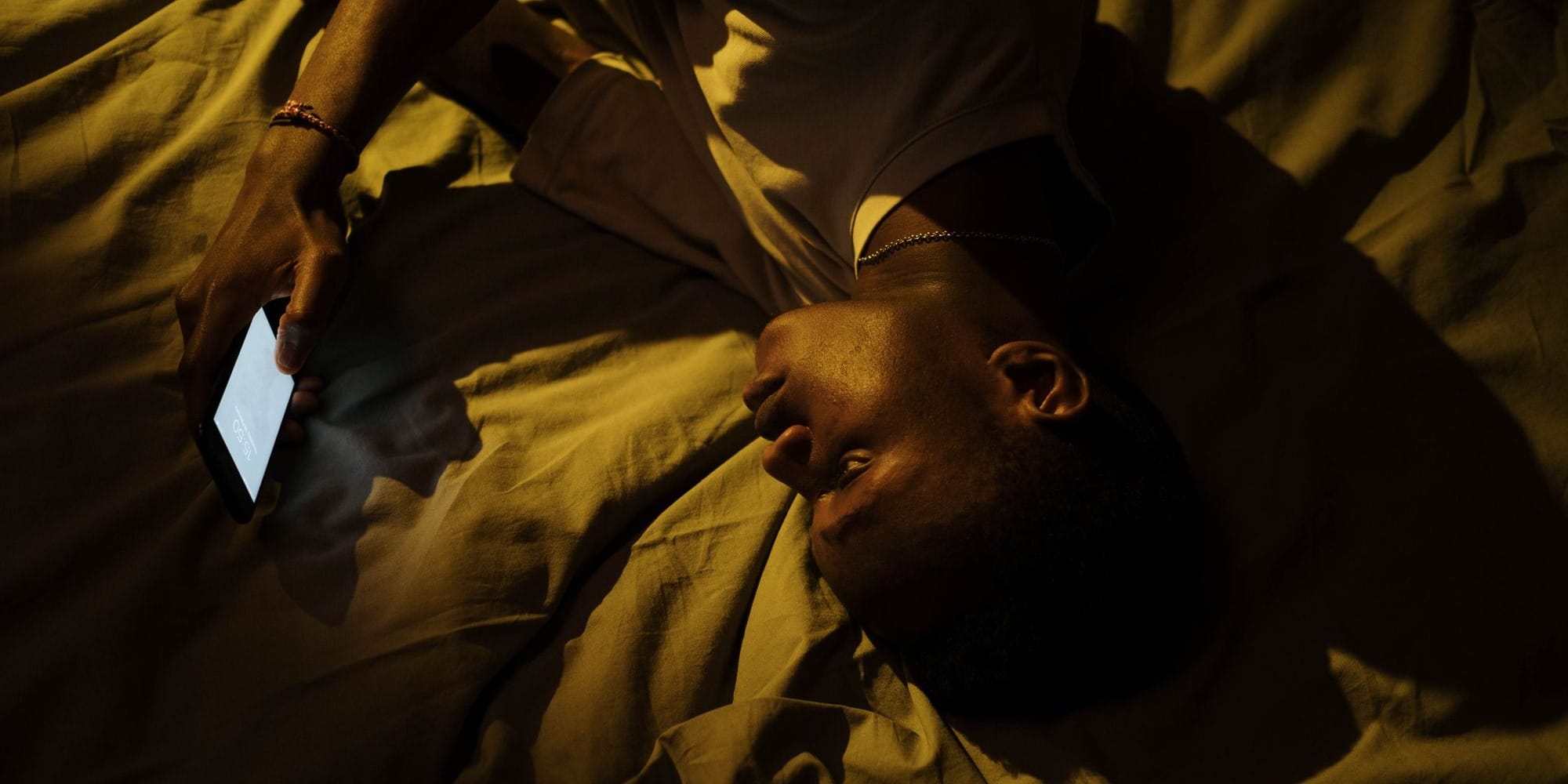Our modern world isn’t ideal, but never in the history of humanity have people — at least this many people, lived in such prosperity as today. We live minor tragedies compared to our ancestors, and most of us in developed countries don’t even think of basic needs — we take them for granted.
Furthermore, we connected on a global scale, which accelerated the development of our technology and science to an unimagined scale. This has created our Western world where almost everyone has a computer, internet and smartphone — access to global knowledge.
While on paper, it looks like we live in a technological wonderland, an entirely new era, everything — even such growth, has its downsides that result, e.g., in an epidemic of mental health illnesses like never before.
One of the main reasons we suffer such illnesses is that we aren’t used to having access to this amount of information — it’s the first time in history. Suddenly we can connect with the whole world with a snap of our fingers, and it’s simply too much when we overuse it even a little.
There’s just too much information to process. And as Thomas Friedman once said: “Technology is now accelerating at a pace the average human cannot keep up with” — no wonder we get anxious and mentally overstimulated.
Breakthrough News and Discoveries
In the past centuries, grandparents could understand grandchildren’s life without many troubles — and convey much wisdom to them. But now we’re growing at a pace no one can keep up with.
Nowadays, it’s impossible to be a great specialist in more than one field — it’s impossible to collect all the data even from one field. And even if you become a great specialist, you still need to educate yourself daily — there is no way to stop and say: “I made it,” as the world keeps accelerating.
What’s more, popular estimations by experts suggest that up to 85% of 2030 jobs haven’t been invented yet.
And it’s most visible in technology. The research shows:
There are 1.35 million tech startups in the world.
Computers’ speed and power have generally been doubling every one and a half to two years since the 1960s and 70s.
It’s estimated that 90% of the world’s data was collected in the last two years.
This is just crazy, and that’s how we constantly hear about breakthrough news and discoveries. There are lots of empty click baits — yes, but essentially we indeed invent so much that every day, maybe even each hour, we have a real breaking discovery in some field.
It’s impossible to keep up with all the news and say: “That’s the way the world is.” And so it’s easier than ever to lose ground and get overwhelmed by all these changes and challenges associated with the changes.
Our Attention Has Become a Currency
Apart from scientific discoveries and technological acceleration, we also live in an era where almost everyone is a creator connecting with other people via some social media platform. And we all produce an immense amount of content — more than we can ever consume.
The problem is that social media have very tricky algorithms trying to capture our attention to make us stay longer and see more ads. It’s just as in the saying popularized by the Netflix documentary The Social Dilemma: “If you’re not paying for the product, then you’re the product.”
And the second problem is that people — content creators, become the main tool to capture our attention as they are the source of content. In this way, we fight not only against algorithms but actual human beings who try to capture our attention through smart marketing or even manipulation.
Whenever we consume something, someone benefits from it financially, so no wonder there is such a tough battle for our attention.
Before the internet, people used to wait even a week for the new episode of their favorite TV series — and they had to appear on time! But now? Once we make a fully aware decision to consume something, every platform offers us endless and perfectly organized content to consume.
And while it’s great, we often end up entering the loop of consuming content. Then we feel drained, overwhelmed, disconnected from the world, anxious, and depressed. But, well, who cares about that? That’s our fault, as we chose to consume, right?
Overstimulation Eats Us Alive
I came across stunning data:
“US average time spent with digital will hit 8 hours and 14 minutes per day in 2022 after first crossing the 8-hour mark last year.”
We spend half of our waking life looking at digital media on some device — mostly mobile ones. In other words, we already live pretty much like zombies, looking at some screen and consuming.
The scary part? It’s estimated that in 2024 time spent digitally will hit 8 hours and 28 minutes — it’s going to get worse.
And even within those 8 hours — a full-time job, we can’t catch up with the world — local news, scientific discoveries, and happening on social media.
How to deal with this?
Firstly, we must accept that our ability to process information can’t keep up with everything we create. And If we want to maintain our sanity, we need to lower our consumption and find more room to interact with the real world. Otherwise, we will become zombies trapped by our technology.
Also, it’s crucial for people working in a creative field as overstimulation can completely demolish our creative process.
Here are some rules I follow to break the overstimulation loop:
- Don’t consume any content in the first hours of the day but create
- Turn off all notifications on your phone
- Limit watching the news to the absolute minimum
- Practice mindfulness meditation
- Take long walks without a phone and headphones
The Takeaway
There is a wonderful Chinese proverb: “If the wrong man uses the right means, the right means work in the wrong way.” In this way, globalization, technology, and even capitalism aren’t bad things — we created the best prosperity we have ever experienced in our history.
However, we must learn to cope in this rapidly changing world and not forget that there is a real world outside our technology.
Otherwise, we may drown in the digital world we created and become actual zombies. Also, we should beware — some modern entrepreneurs like this idea and want to create a playground for those zombies to monetize it.







